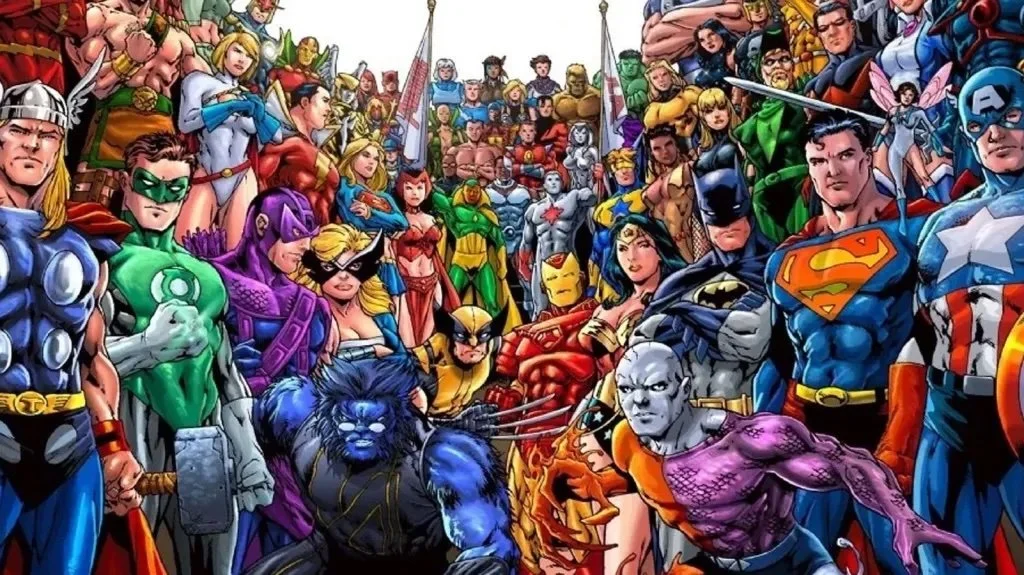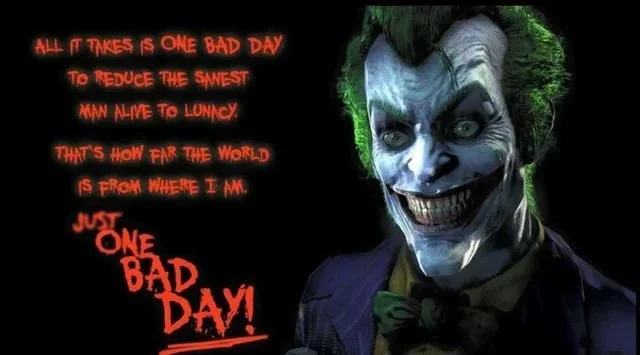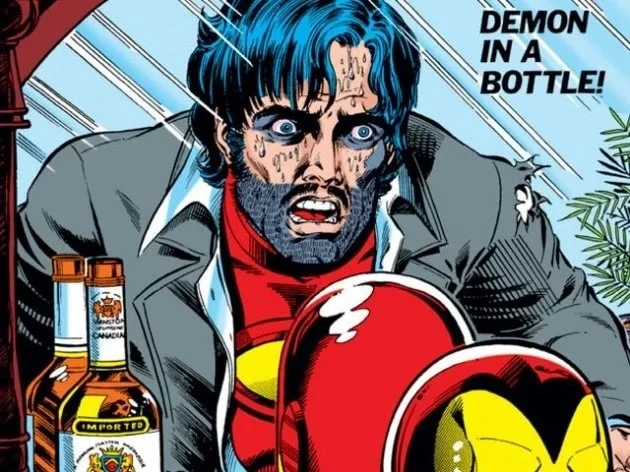Masks, Monsters, and Metaphors: How Comic Books Tackle Real-Life Issues with Fantasy
Comic books have always been more than just capes and catchphrases. They’re mirrors, albeit distorted, through which society reflects on its darkest fears, greatest hopes, and unresolved dilemmas. Strip away the explosions and alien invasions, and you’ll often find a grounded, real-world issue staring back at you—filtered through the fantastical lens of a spandex-clad savior or a maniacal villain.
Superheroes as Social Commentary
From the beginning, superheroes have carried more weight than their biceps suggest. Superman—an alien immigrant with a dual identity—debuted in 1938, during the Great Depression, as a working-class champion who punched corrupt landlords and fought for the everyman. In hindsight, he wasn’t just leaping over tall buildings—he was vaulting over America’s socioeconomic despair.
Fast forward a few decades and you have the X-Men, whose struggle isn’t just against Magneto but against systemic prejudice. Born different, feared for it, and fighting for acceptance—sound familiar? Stan Lee and Jack Kirby weren’t just telling tales of telepathy and metal manipulation; they were responding to the Civil Rights Movement with a team that put the “mutant” in metaphor.
And let’s not forget Black Panther. Created in 1966, just months before the Black Panther Party was founded, T’Challa wasn’t just Marvel’s answer to James Bond—he was a statement. A king of an unconquered African nation, technologically superior and morally grounded, was Marvel’s rebuttal to Western narratives that too often painted Africa as primitive.
Villains Born of Modern Anxieties
If heroes are society’s dreams, then villains are its nightmares. And they, too, are rarely just bad for the sake of it.
Take Magneto—depending on the writer, a Holocaust survivor whose mistrust of humanity stems from firsthand trauma. He’s not a villain in the traditional moustache-twirling sense; he’s a tragic figure shaped by real-world genocide.
The Joker? An agent of chaos, sure, but he’s often wielded as a commentary on mental health, societal breakdown, and the dangers of institutional apathy. In The Killing Joke, we’re told that “all it takes is one bad day” to fall into madness. It’s not just a haunting line—it’s a probe into how fragile the line between sanity and chaos really is.
And then there’s Lex Luthor, the capitalist technocrat who fears an all-powerful alien messing with the natural order. He doesn’t want to destroy Superman out of hatred—but out of fear. Luthor represents a certain brand of American exceptionalism—one that recoils at the idea that someone better might exist outside our borders or comprehension.
When Fantasy Feels Realer Than Reality
What comic books do so well—better than most media—is take a complex issue, exaggerate it just enough to make it digestible, and wrap it in action and color so that you don’t realize you’re consuming something with emotional or political weight until it hits you later.
Teenage readers of Spider-Man in the 1960s probably weren’t thinking about the burdens of adolescence, guilt, or urban decay—but those themes stuck nonetheless. Same goes for Iron Man, whose battles with alcoholism in “Demon in a Bottle” made Tony Stark more than just a genius billionaire playboy. He became…human.
And maybe that’s the whole point. For all the powers and panels, the genre works best when it makes the impossible feel deeply personal. These are stories about us—just set in a world where people can fly and aliens look good in tights.
Why It Still Matters
In today’s world of 24-hour news cycles, social media outrage, and political polarization, comic books remain a rare space where we can engage with difficult ideas through the safety of metaphor. A world-ending threat? Climate change. The registration of superheroes? Civil liberties vs. national security. A hero questioning their own morality? That’s just Wednesday.
Fantasy isn’t about escape—it’s about access. And sometimes, it’s easier to understand the real world when we see it through the eyes of someone who can lift a bus with one hand but still can’t save everyone.
So the next time you pick up a comic and see a villain threatening global annihilation or a hero grappling with identity, know that what you’re reading is far more real than it looks. It's myth with muscle. Metaphor with a mask. And it’s telling us something we need to hear—even if it has to shout it through a thunderclap.






